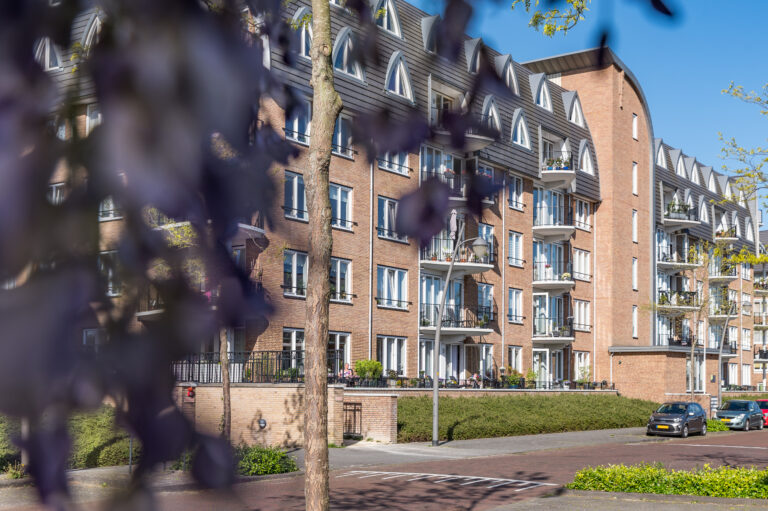The situation surrounding the box 3 tax regime continues to keep us, the legislator and the tax authorities busy. Until December, the legislator was planning to levy tax over the actual return as of 1 January 2027. Put simply, for leased real estate this would mean an annual tax on the difference between the income (rental income) and the expenses (costs, maintenance, interest, Interhouse etc.). Any increase in the value of the property and any investments (such as renovations and investments to increase the value) would only be taxed on the sale of the real estate. The value of the property as of 1 January 2027 would be taken as a starting point. It’s important to stress here that this is not the purchase value of a property bought prior to 1 January 2027 but the value of that property as of 1 January 2027. Any increase in value prior to that period would therefore not be taxed on the sale of the property. This is because this increase in value has already been taxed at the fixed rate in previous years.
Negative advice from the Council of State
On 2 December 2024, the Council of State issued a negative advisory opinion on the above mentioned legislative proposal. This largely relates to the practical implementation of the taxation on real estate, which it labelled as too complex and unworkable. The legislator has therefore been sent back to the drawing board, with the Council of State noting that it continues to recognise the benefits of a fixed-rate system. On top of this, on 13 December the state secretary announced that 1 January 2027 wasn’t feasible and that a new system would only be introduced as of 1 January 2028.
A higher fixed return?
That the government is grappling with what to do about taxation on imputed returns on investment once again became clear on 13 December. The current government is toying with the idea of plugging the budget gap by raising the fixed return to 7.66%. If it does so, this will undoubtedly trigger even more court cases. This proposal has received a great deal of criticism from the Lower House of the Dutch Parliament and beyond, so I don’t expect it to make it into law. The fairer (not better) option would then be to raise the tax rate.
June rulings
There’s a lot going on behind the scenes. In practical terms, the important thing is that we still have the fixed-rate system for the time being. We’ll discuss how this works and how the so-called ‘June rulings’ can help real estate investors in this respect in our next podcast.
To be continued…
More blogs

Temporarily letting a property meant for your studying child, this is how it works afer July 1st 2024

Temporary letting through the Vacancy Act: how to avoid vacancy and high costs

